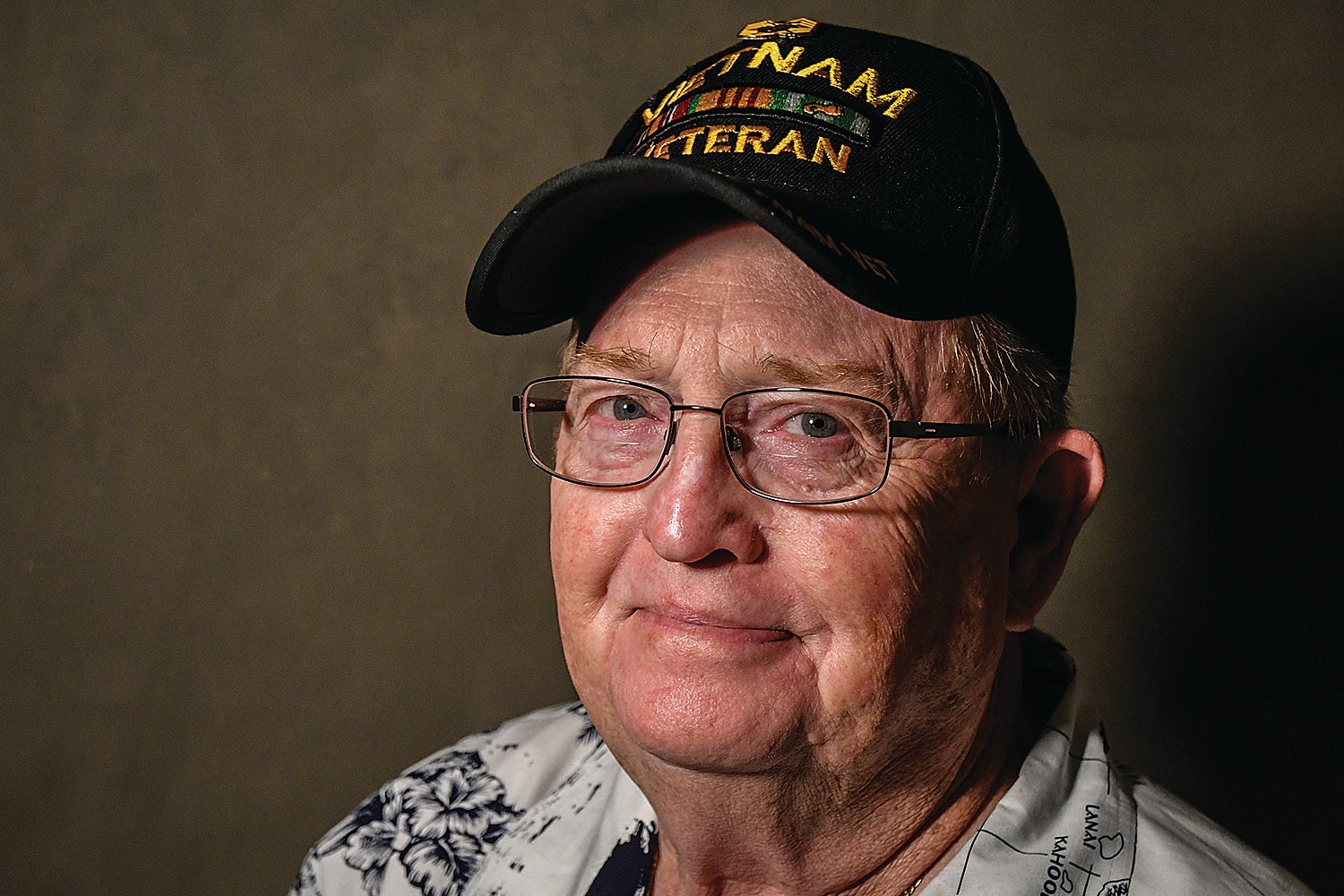Students can live, learn law
Published 6:00 am Sunday, November 29, 2015
A new rule adopted by the Supreme Court recently is a win-win for both students and low-income individuals.
The Mississippi Law Student Limited Practice Rule was approved Nov. 19 and went into effect immediately. It was first requested by the Access to Justice Commission.
Law school students can now, as a part of their schooling, provide limited legal services via a education course, internship program, volunteer legal services program and more. The students will all be under supervision of a professor, and they will be helping those who cannot afford costly legal fees.
Supreme Court Chief Justice Bill Waller Jr. said, “This rule change will greatly expand opportunities for our law students to assist the needy in our state with access to our courts. This will also give our law students a valuable practice experience as they transition from being students to practitioners.”
The new rule replaces an old one on the books that said law school students were not allowed to participate in limited practice through voluntary legal aid programs if it did not provide course credit. It also didn’t allow Mississippi residents who were attending law school in another state to come home for the summer and volunteer.
By now having students on hand, law offices can accept more pro bono cases, which will help alleviate the workload on Mississippi Rural Legal Services, which provides assistance legally to low-income residents. It sets a culture of giving to those in need and the students will learn the benefits, whether they see a family succeed thanks to their help or the student simply feels good for helping someone in need. It is likely he or she will carry on the pro bono work down the road after graduation and opening up a practice. Students learn about this concept during class but experiencing it in real life really brings it to their attention.
Oxford is an area rich with attorneys, people studying to be attorneys, paralegals and more as the home of the federal court system. Being in Mississippi, it is also surrounded by people of lower incomes who are in need. This is a great opportunity and we thank the Supreme Court for seeing the promise this new ruling will offer. We hope the University of Mississippi takes advantage of this and teaches the next generation to be a little more giving.





